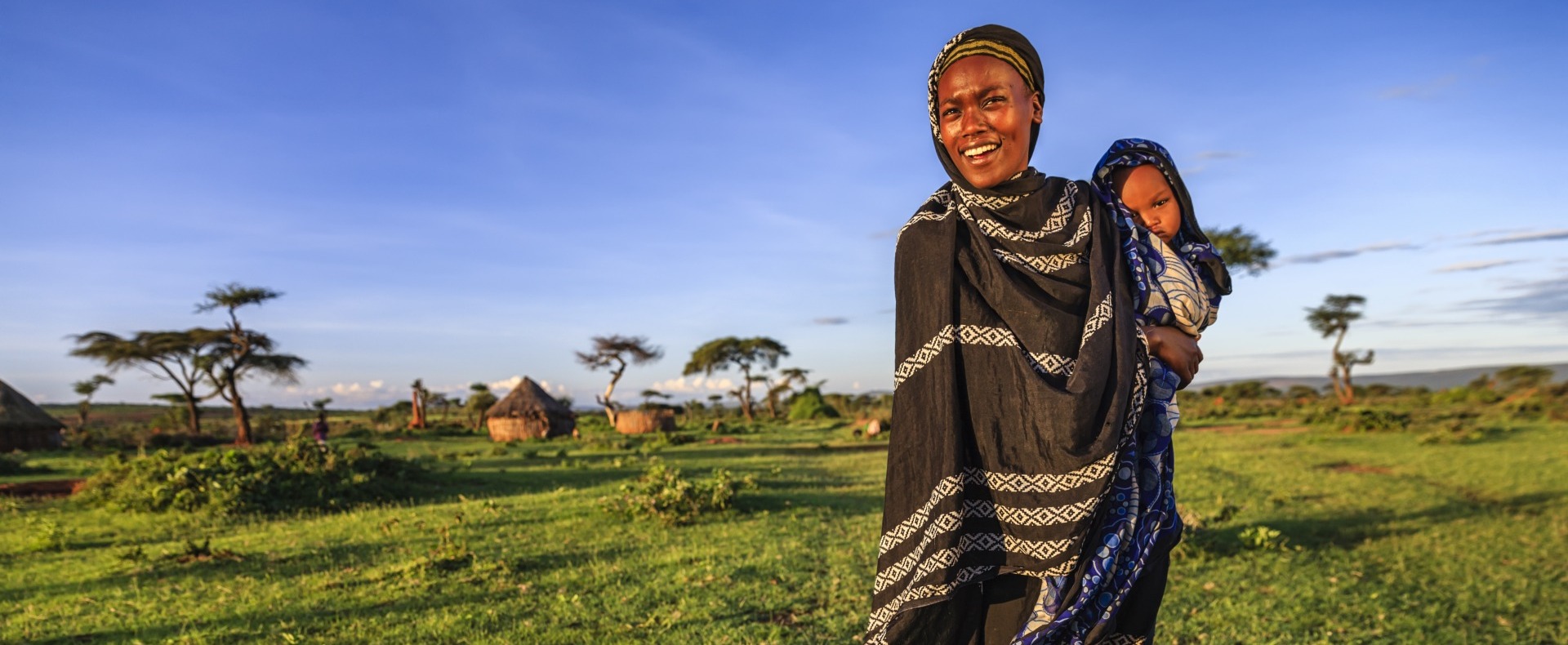Three Strategies to Combat Increasing Risks from Vaccine Hesitancy

Converting vaccines into vaccinations is an increasingly complex journey.
Studies show that public skepticism and hesitancy towards science and vaccines is rising. The respected Pew Research Center reported recently that since the start of the pandemic, there has been a 16-point decline in those in the U.S. who believe science has had a mostly positive effect on society, down to 57%. In a survey last summer, more than 150 immunization professionals from around the world who attended Sabin’s Vaccination Acceptance Research Network (VARN) conference identified vaccine hesitancy as the number one barrier to their work.
Life & Death Implications
We see the result in lower and lower uptake of life-saving vaccines and measles outbreak warnings from the Centers for Disease Control in the U.S. and the National Health Service in the U.K. The World Health Organization noted the cost of declining vaccination rates: globally, measles deaths increased by 43% in 2022 compared to 2021, and are expected to increase again this year, primarily because of further setbacks in measles vaccination rates.
Those of us in global health ignore increasing skepticism at our peril. In a time when highly anticipated new vaccines are coming to market, it is no longer effective to simply introduce the next vaccine or run a catch-up campaign.
- We must work harder to win the minds and hearts – and trust – of people for whose benefit these vaccines exist. This will need higher, more intentional investments in social and behavioral research led by communities themselves as well as power and funds in the hands of local changemakers. At Sabin, we work hard to overcome misinformation and hesitancy. We partner with UNICEF in social and behavioral research that seeks to involve communities in both diagnoses and solutions to improve vaccine trust, confidence and uptake. Our partnership with WHO on the COVID-19 Recovery for Routine Immunization Programs Fellowship being run by our Boost team also demonstrates how mentoring and microgrants, when put in the hands of local health professionals, generate powerful solutions.
- We must also do a better job of showing emerging health risks. Extensive flooding from climate change, for example, breeds typhoid, cholera and dengue — today outbreaks of dengue fever, a painful and potentially lethal viral disease spread by mosquitoes, are overwhelming health systems in countries that never saw it before. Global guidance and funding policies are needed to prepare. Sabin is partnering with the Bill & Melinda Gates Foundation on a modelling study for the use of typhoid vaccine in outbreak settings.
- Finally, we must proactively identify pockets of highest hesitancy and provide accurate, relevant and digestible information. In India, we were able to counter misinformation and doubts relating to polio vaccination by identifying villages and households that were refusing vaccination and mobilizing a range of voices and individuals that the family or community fully trusted, from religious and political leaders to Bollywood actors.
One solution does not work for all – different solutions are needed and that requires willingness to listen to and learn from the people and professionals on the ground, with humility. Sabin’s Boost Community of 4,700 immunization professionals supports, develops skills and provides a network for those in the field to share solutions that work. It will take that local level engagement to make a difference. Are we ready to move away from global prescriptions?
Recommended for you

We make vaccines more accessible, enable innovation and expand immunization across the globe.







